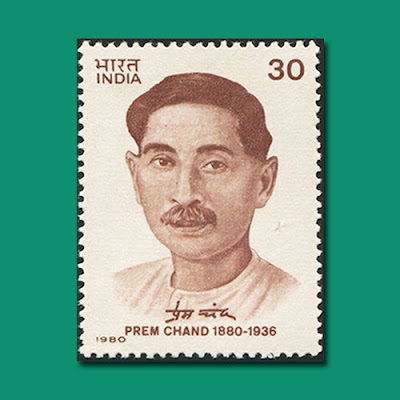
Mahatma Gandhi's "Navjivan" magazine was first published on 07 October 1919. "Navjivan" means "New Life" in English, and the magazine was a platform for Gandhi to promote his ideas and principles of non-violence, self-reliance, and social reform. It played a significant role in spreading his message and rallying support for India's struggle for independence from British colonial rule. The magazine covered a wide range of topics, including politics, philosophy, health, and education, and it had a profound impact on the Indian independence movement and the broader social and cultural discourse of the time.
Indulal Yagnik was a prominent Indian freedom fighter and political leader who played a significant role in the Indian independence movement. He was closely associated with Mahatma Gandhi and his principles of non-violence and civil disobedience. Yagnik was an influential figure in Gujarat and was actively involved in various social and political causes.
One of Indulal Yagnik's notable contributions was his association with Mahatma Gandhi's "Navjivan" magazine. "Navjivan" was a Gujarati-language publication founded by Gandhi in 1919. It served as a platform for Gandhi to disseminate his ideas and philosophies, particularly his advocacy for non-violence, self-reliance, and social reform.
Indulal Yagnik was closely associated with "Navjivan" and played a crucial role in its publication and dissemination. He used the magazine as a means to communicate Gandhi's teachings and the message of the Indian independence movement to a wider audience.
Yagnik's involvement with "Navjivan" and his commitment to Gandhi's principles made him a significant figure in the struggle for Indian independence. He continued to work for social and political reform even after India gained independence in 1947 and remained dedicated to the cause of justice and equity throughout his life.









